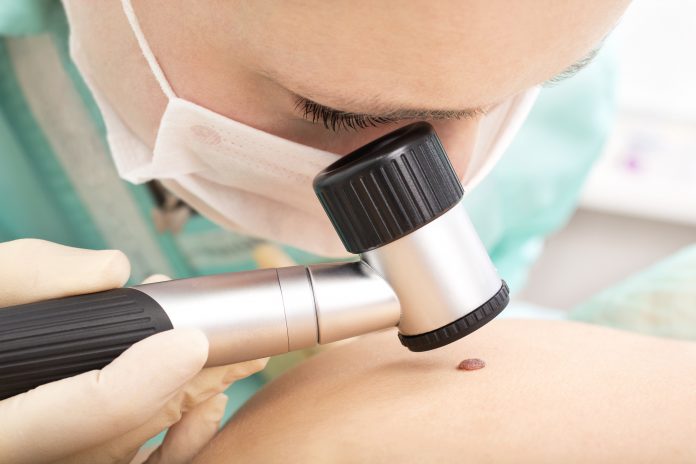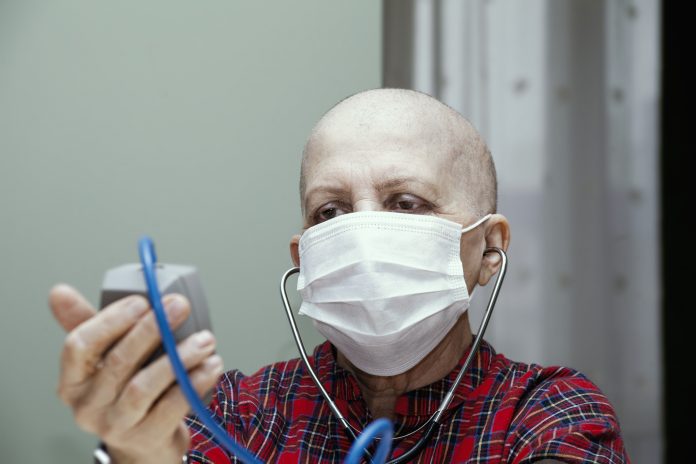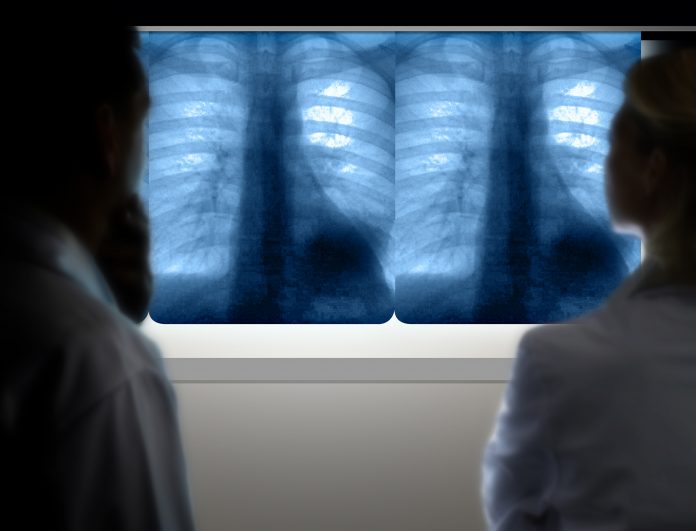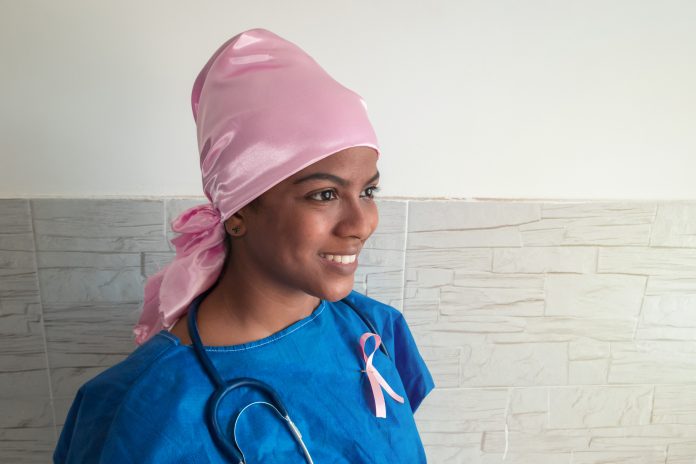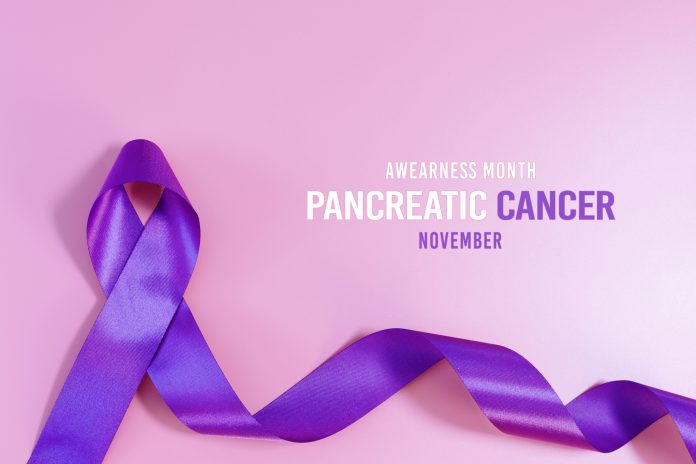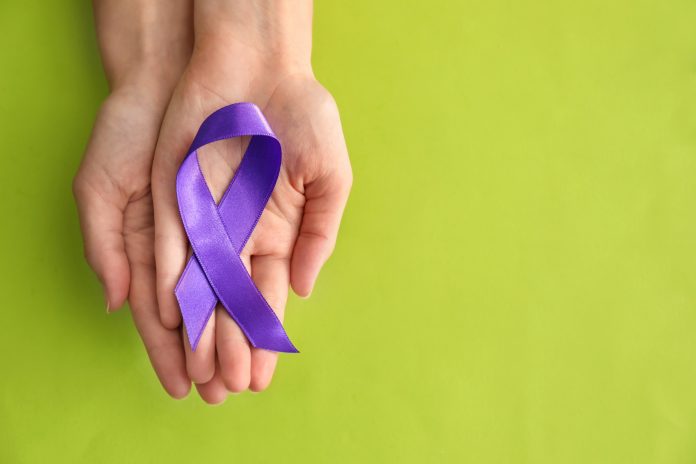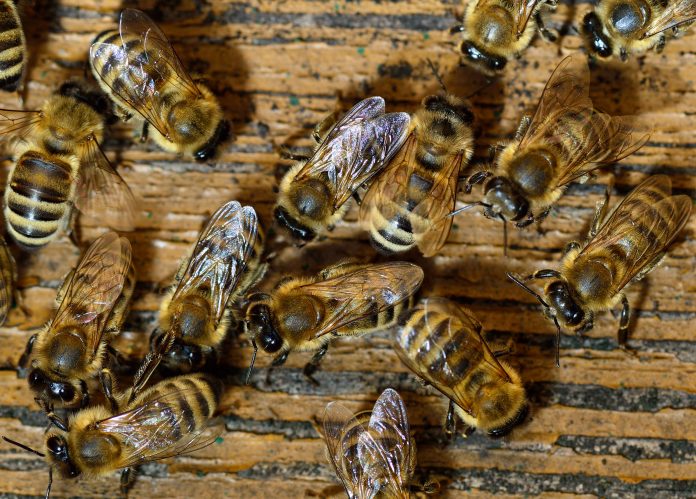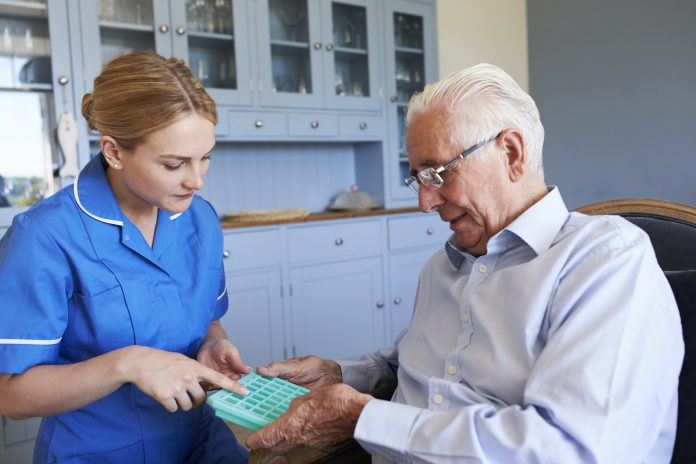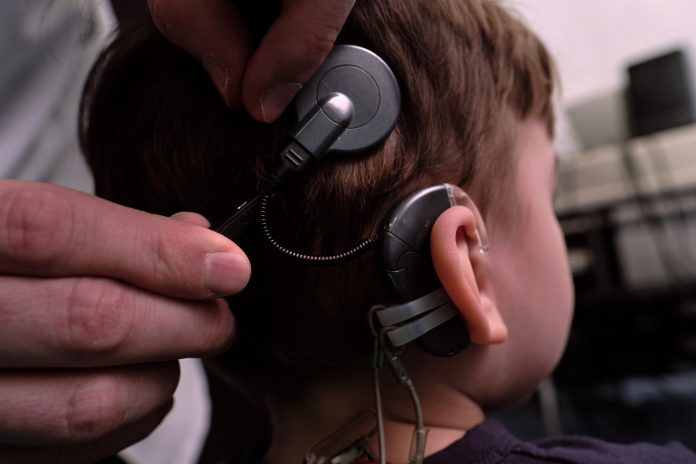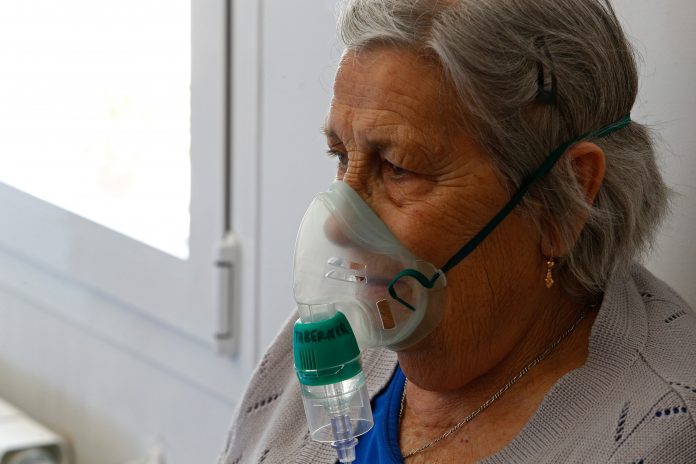Open Access Government produces compelling and informative news, publications, eBooks, and academic research articles for the public and private sector looking at health, diseases & conditions, workplace, research & innovation, digital transformation, government policy, environment, agriculture, energy, transport and more.
Home Search
cancer - search results
If you're not happy with the results, please do another search
Star-gazing techniques used to detect cancerous moles
An STFC-funded project, MoleGazer, has successfully implemented astronomical techniques, used for star-gazing, to detect and track the evolution of cancerous moles.
AI technology can help tackle the cancer care backlog
Hugh Bettesworth, CEO, Mirada Medical, explores how AI autocontouring technology can help tackle the cancer care backlog as a result of the COVID-19 pandemic.
Ovarian cancer cells adjust to their environment to boost tumour growth
A new study revealing how ovarian cancer cells adapt to their environment to aid tumour growth brings researchers closer to developing targeted treatments.
Scientists investigate possible link between opioids and pancreatic cancer
The team at Rush University Medical Center have conducted the first US investigation into opioid use and pancreatic cancer - how could this change prescriptions?
Earlier lung cancer diagnosis research receives £3.5 million from UKRI
UK Research and Innovation (UKRI) has awarded £3.5 million-worth of funding to help ground-breaking medical research find new ways to diagnose lung cancer earlier.
Ordinary drug could prevent heart damage from breast cancer chemotherapy
Damaged heart muscle is a tragic possibility for patients of breast cancer chemotherapy - but thanks to Dr Husam Abdel-Qadir, there may now be a way to stop it.
CBD oil and cancer: What the research shows
CBD oil has long been utilised for its various therapeutic effects, but what about its effect on cancer? Read on to find out more about what the research shows.
Michelle Vickers – Head and Neck Cancer Foundation (HNCF)
Michelle Vickers is the CEO of The Head and Neck Cancer Foundation (HNCF).
Head and neck cancer treatment
Michelle Vickers, CEO of the Head and Neck Cancer Foundation tells us what we need to know about head and neck cancer treatment, including comment on driving surgical-technological development.
Cancer challenges in Sub-Saharan Africa
Zisis Kozlakidis, International Agency for Research on Cancer and Chite Asirwa, International Cancer Institute, walk us through the cancer challenges in Sub-Saharan Africa today.
Tackling the burden of pancreatic cancer in Europe
Leading pancreatic cancer experts Professor Matthias Löhr and Professor Monique van Leerdam of United European Gastroenterology’s (UEG) Public Affairs Committee discuss the importance of early diagnosis and the latest developments in treatment for pancreatic cancer.
Deciphering molecular intelligence for early oral cancer detection
Muy-Teck Teh, Senior Lecturer from Barts and the London School of Medicine & Dentistry, Queen Mary University of London discusses how a novel low-cost rapid digital diagnostic test could help save lives and reduce head and neck cancer burden worldwide.
New research suggests antidepressants could treat childhood cancer
Researchers found that a commonly used antidepressant could treat childhood cancer - successfully stopping growth in lab experiments so far.
US healthcare: Black people less likely to receive lung cancer chemotherapy
Boston Medical Center researchers found that Black individuals, above all other racial groups, are less likely to receive lung cancer chemotherapy.
New drug offers promising treatment for pancreatic cancer patients
Scientists have invented a new drug which could improve life expectancy and quality for patients with hard-to-treat cancers, such as pancreatic cancer.
Honeybee venom found to kill agressive breast cancer cells
Researchers from the University of Western Australia have found that the venom of honeybees can destroy aggressive breast cancer cells in a lab setting.
Digital health, cancer and remote care
Zisis Kozlakidis from the International Agency for Research on Cancer and Symeon Psomiadis from the University of Athens, Greece lift the lid on digital health and cancer, including how remote care is being supported during COVID-19.
Hearing loss in childhood cancer survivors linked to neurocognitive deficits
Scientists at St. Jude Children's Research Hospital have discovered that hearing loss in childhood cancer survivors is associated with an increased risk for neurocognitive deficits.
Can nanoparticles change lung cancer treatment?
A promising idea for lung cancer treatment has been developed by researchers at Lund University.

